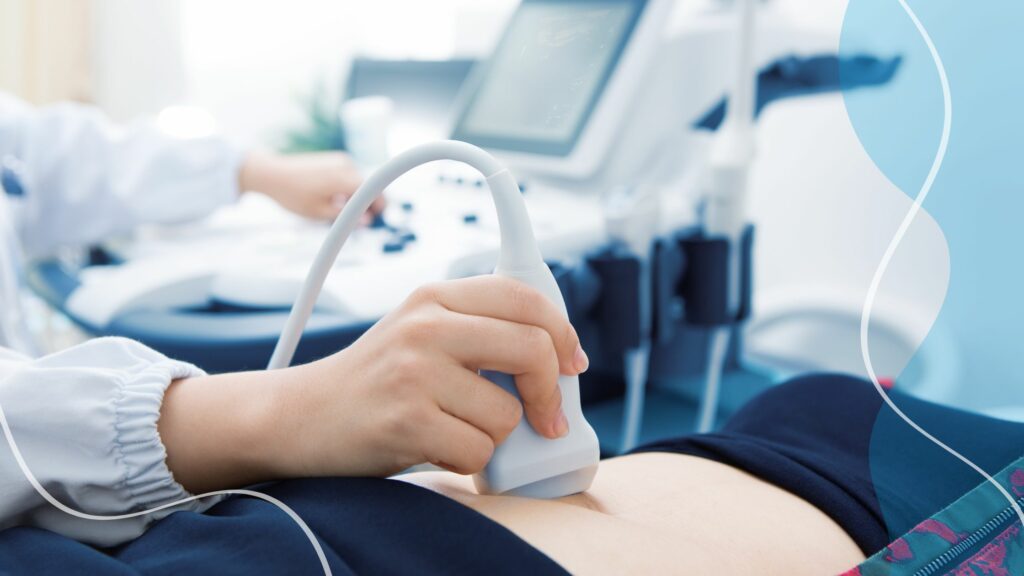
This week is National Infertility Awareness Week, a time designated to raise greater awareness, improve medical care access, and provide community support for those experiencing infertility. Infertility is an extremely common struggle. One in five women between the ages of 15 – 49 are unable to get pregnant after 12 months of trying to conceive. There are a number of factors which cause infertility, and couples who are experiencing an underlying medical condition, anxiety, depression, or who are older in age should consider seeking treatment.
Infertility can be caused by both male and female factors. Male factors are related to sperm quality or function, hormonal, or genetic issues. Female factors relate to female anatomy problems or egg quality, number, and function. Cancer treatment can also cause male and female infertility as can lifestyle habits such as excessive alcohol, smoking, or drug use, or medical conditions of untreated diabetes, obesity, or autoimmune conditions.
Many conditions which cause infertility can be treated with medication, surgery, or solved by using ART or Assisted Reproductive Technology. The CDC and WHO tracks doctors’ success rates and costs. Many OB/GYN HCP can help couples with basic evaluation and treatment, and based on results, can involve a specialist.
Jane* was 30 years old and she and her husband were getting frustrated trying to conceive. They both came from big families and were really anxious about growing their own. Jane had never been pregnant and knew because she had PCOD that it could take longer to become pregnant. But after 14 months of trying without success, she had started to become depressed, causing tension to build in her and her husband’s relationship.
After reviewing her medical history, I suggested that she get on birth control for a while to help get her health under control and also started her on a medicine called metformin to help with insulin resistance. Jane worked hard to lose some extra weight, and she was given medicine to stimulate ovulation. Her husband was found to have a low sperm count which was improved after surgery. Five months later, they were pregnant and so glad that they had asked for help and did not continue to suffer in silence.
Talk to an OB/GYN if it has been more than 12 months of trying to get pregnant. Families over 33-years-old may need to talk with a doctor sooner rather than later. Also, make sure you have mental health support. Stress does not cause infertility but it is important to stay healthy on all fronts.
Watch the full segment.

OUR PROGRAMS
RESOURCES
CONTACT US
SUBSCRIBE